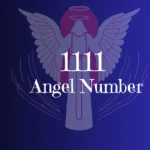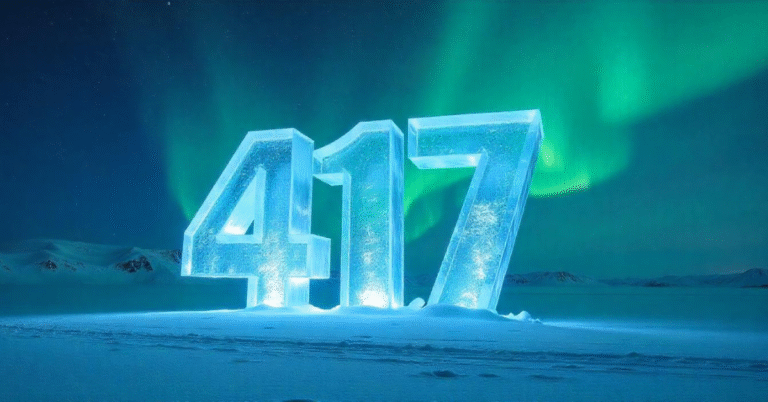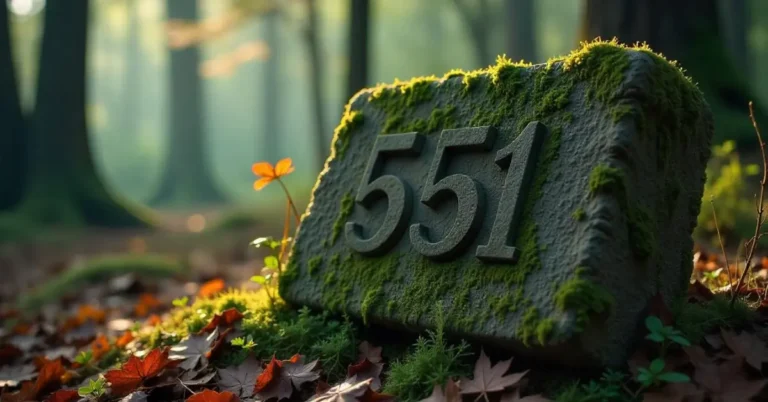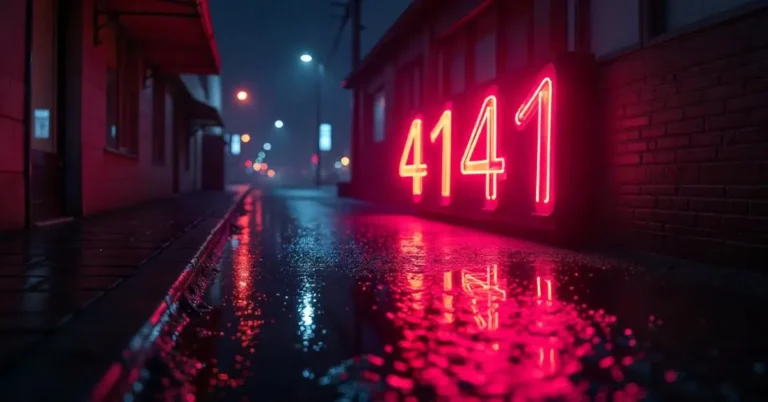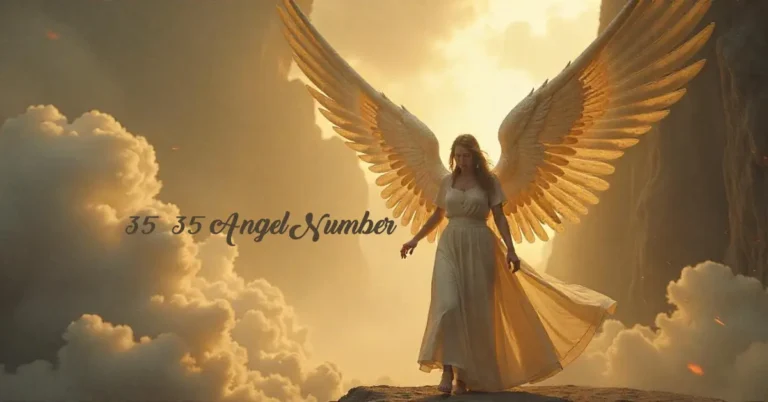Imagine a young woman standing atop a serene mountain, her dreadlocks flowing freely in the wind as she meditates on life’s deeper meanings. For her, these locks are more than a hairstyle; they are a sacred connection to her spiritual journey, a manifestation of her inner growth and resilience. Dreadlocks, often referred to as “locs,” have transcended their role as a mere hairstyle to become a profound symbol of spirituality, cultural identity, and personal expression. While modern interpretations of dreadlocks vary widely, their roots run deep into the spiritual and cultural traditions of diverse communities across the globe. This article explores the spiritual meaning of dreadlocks, their historical background, and their impact on modern society.
Table of Contents
ToggleHistorical Origins of Dreadlocks
Dreadlocks have been worn by people from various cultures throughout history, each attaching unique meanings to the style. Archaeological evidence shows that ancient Egyptian mummies wore locked hairstyles, signifying a connection to the divine. In ancient India, dreadlocks were associated with ascetics and holy men, such as the sadhus, who viewed them as a rejection of vanity and an embrace of spiritual discipline. Similarly, in African cultures, spiritual meaning of dreadlocks symbolized a connection to ancestral wisdom and a strong bond with nature.
Across various tribes in Africa, the hairstyle played a significant role in signifying status, age, and spiritual standing within communities. For example, the Maasai warriors of Kenya have long worn dreadlocks dyed red, symbolizing courage and readiness for battle. Meanwhile, the Himba people of Namibia craft dreadlocks from a mixture of butter, ochre, and hair, anointed as a spiritual connection to the land and their heritage. The widespread use of dreadlocks across such diverse groups speaks to the universality of their symbolism and spiritual resonance.
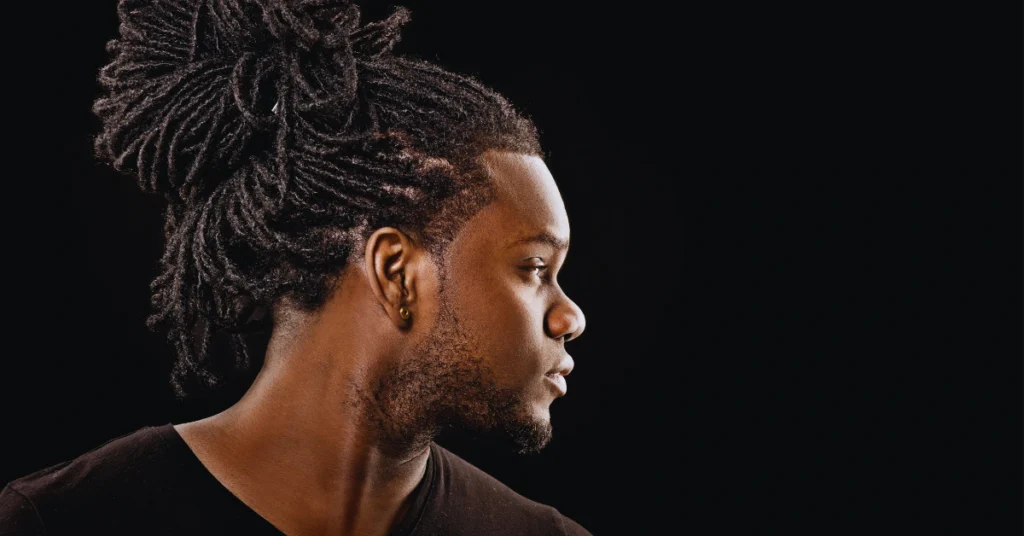
Spiritual Symbolism of Dreadlocks
Connection to Nature
Dreadlocks are often seen as a physical manifestation of an individual’s harmony with the natural world. Their formation, which occurs naturally when hair is left uncombed, symbolizes a return to an organic and unaltered state. This connection to nature is central in many indigenous and spiritual practices, where dreadlocks represent the unbreakable link between humans and the earth. For those who work in close communion with the environment, dreadlocks serve as a constant reminder of their unity with the planet.
Rebellion Against Materialism
In spiritual contexts, dreadlocks can serve as a rejection of societal norms and materialism. For many, the decision to grow dreadlocks signifies a detachment from superficial standards of beauty and an embrace of inner values. This perspective is particularly prevalent in Rastafarianism, where dreadlocks symbolize a break from Babylon—a metaphor for oppressive societal systems. Individuals often find that their journey with dreadlocks becomes a reflection of their broader spiritual struggles and triumphs, highlighting personal authenticity over societal expectations.
Spiritual Strength and Power
Dreadlocks are often associated with spiritual strength. This belief can be traced back to the Biblical story of Samson, whose uncut hair was the source of his extraordinary power. In many cultures, hair is seen as an extension of one’s energy or life force. By wearing dreadlocks, individuals may feel they are preserving their spiritual energy and channeling it toward their growth. Modern wearers frequently speak of their locks as extensions of their inner power and fortitude, enabling them to face life’s challenges with greater clarity.
Identity and Cultural Pride
For many, dreadlocks are a way of honoring their cultural heritage. In African and Caribbean communities, they stand as a powerful symbol of pride and resilience. Wearing dreadlocks can signify a connection to one’s roots, serving as a reminder of ancestral struggles and triumphs. For members of the African diaspora, dreadlocks often become a tool of reclamation, connecting them with traditions lost through colonization and slavery. This cultural resonance underscores dreadlocks as more than just a hairstyle—they are an act of resistance and self-empowerment.
Patience and Commitment
Growing and maintaining dreadlocks takes a lot of perseverance, attention to detail, and dedication. For many wearers, this journey mirrors the spiritual path, which often demands perseverance and dedication. The gradual formation of locs can serve as a metaphor for personal and spiritual growth, reminding individuals to trust the process of transformation. Spiritual practitioners often liken their locks to a visual diary, with each twist and curl telling a unique story of struggle, endurance, and enlightenment.
Cultural and Religious Perspectives
Rastafarianism
In Rastafarian culture, dreadlocks hold profound spiritual meaning. Inspired by the Nazarite vow in the Bible, Rastafarians believe that dreadlocks symbolize a covenant with God. They also represent the “lion of Judah,” a powerful emblem of strength and the Rastafarian movement’s connection to Ethiopian Emperor Haile Selassie. Rastafarian teachings further view dreadlocks as a rejection of Babylonian systems, urging followers to live simply and in alignment with nature. This holistic view emphasizes dreadlocks as both a spiritual tool and a political statement.
Hinduism
In Hindu traditions, dreadlocks, known as “jata,” are associated with Lord Shiva, the deity of destruction and transformation. Sadhus, or holy men, grow dreadlocks as a sign of renunciation and spiritual focus, believing that unkempt hair reflects their detachment from worldly desires. The practice is particularly significant during spiritual pilgrimages, where sadhus rely on their dreadlocks to symbolize their unwavering commitment to a higher calling. The locks become an outward representation of their spiritual quest and connection to the cosmos.
Indigenous Cultures
Many indigenous cultures view dreadlocks as a way of connecting with ancestral spirits and the natural world. Among the Himba people of Namibia, for example, dreadlocks are created using a mixture of ochre, butter, and hair, symbolizing beauty, strength, and cultural identity. Similarly, in Native American traditions, uncut and locked hair is seen as a conduit for spiritual energy and wisdom. The sanctity of hair is a recurring theme, emphasizing its role in connecting individuals with both their ancestors and their environment.
Buddhism
In Tibetan Buddhism, yogis and spiritual practitioners often wear dreadlocks as a sign of their commitment to spiritual practices. The style is believed to facilitate the flow of energy, helping practitioners achieve higher states of consciousness. Tibetan monks and mystics view dreadlocks as a tangible representation of their detachment from societal conventions, focusing instead on spiritual enlightenment. This practice underscores the role of dreadlocks as a physical and symbolic extension of one’s spiritual path.
Modern Interpretations and Misconceptions
Today, dreadlocks have become a global phenomenon, worn by individuals from diverse backgrounds for reasons ranging from fashion to spirituality. However, this widespread adoption has led to misunderstandings and cultural appropriation. For many, dreadlocks remain deeply spiritual, and wearing them without understanding their significance can be seen as disrespectful. Critics often point out the need for cultural sensitivity, urging wearers to educate themselves on the history and spiritual resonance of locs.
While some view dreadlocks as unkempt or unprofessional, others see them as a bold statement of individuality and resilience. This contradiction emphasizes how crucial it is to comprehend the hairstyle’s cultural and spiritual origins. Educating the public about the diverse meanings of dreadlocks can foster greater appreciation and reduce stigma, creating a space where the hairstyle’s beauty and significance are universally celebrated.
Practical and Spiritual Lessons from Dreadlocks
Embracing Authenticity
Dreadlocks encourage individuals to embrace their authentic selves, free from societal expectations. This lesson extends beyond hair, inspiring people to live in alignment with their true values. Wearers often describe a sense of liberation, shedding societal pressures in favor of personal truth.
Letting Go of Control
The natural formation of dreadlocks teaches the spiritual lesson of surrender. By allowing hair to form without interference, wearers learn to trust in the natural flow of life. This principle often serves as a metaphor for larger spiritual practices, emphasizing the power of acceptance and letting go.
Cultivating Patience
Growing dreadlocks is a gradual process that mirrors the spiritual journey. It requires patience, reminding individuals to honor their personal growth and evolution. Each stage of loc development teaches wearers to find beauty in imperfection, highlighting the value of perseverance.
Building Resilience
Wearing dreadlocks in societies where they are misunderstood can build resilience. It challenges wearers to stand firm in their beliefs and embrace their identity. The strength required to navigate societal biases becomes a source of empowerment, fostering personal and spiritual growth.
Conclusion
Dreadlocks are more than just a hairstyle; they are a powerful symbol of spirituality, culture, and identity. From their ancient origins to their modern interpretations, dreadlocks continue to inspire individuals to connect with their roots, embrace their authentic selves, and embark on spiritual journeys. Whether worn as an expression of faith, a celebration of heritage, or a personal statement, dreadlocks carry profound meaning that transcends borders and generations. By understanding and respecting the spiritual significance of dreadlocks, we honor the rich tapestry of human culture and the enduring power of personal expression.
FAQs
Are dreadlocks tied to any specific religion?
Dreadlocks appear in various religious and spiritual traditions, including Rastafarianism, Hinduism, and Buddhism. Each tradition assigns unique meanings to the hairstyle.
Do dreadlocks require special spiritual practices?
While not mandatory, many people incorporate spiritual practices such as meditation, prayer, or rituals into their dreadlock journey to deepen their connection to the hairstyle’s symbolism.
Can anyone wear dreadlocks, or is it cultural appropriation?
While anyone can grow dreadlocks, it’s essential to understand and respect their cultural and spiritual significance. Wearing dreadlocks without acknowledgment of their roots can be seen as cultural appropriation.
Do dreadlocks have to be natural to hold spiritual meaning?
The spiritual meaning of dreadlocks often stems from their natural formation, symbolizing a connection to nature. However, the intention behind the hairstyle can also imbue it with personal significance.
How do dreadlocks reflect personal growth?
The process of growing and maintaining dreadlocks mirrors personal and spiritual growth, requiring patience, care, and a willingness to embrace change.





